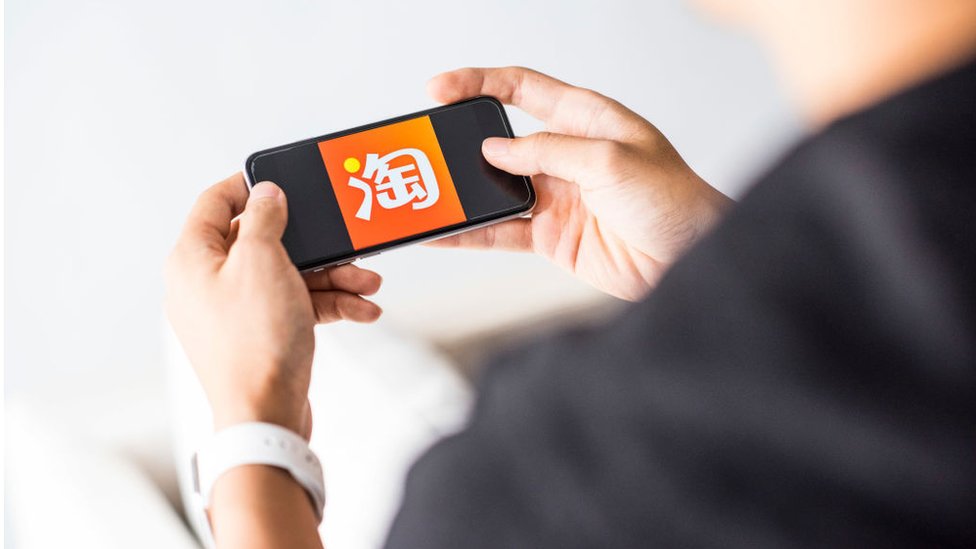Singles Day, the world's biggest online shopping event, has kicked off with consumers estimated to spend billions of dollars - much of which is being eyed by scammers. pg
This year's event is expected to continue to break records across Asia, as more people stay home and shop online amid the Covid-19 pandemic, while those unable to travel overseas for shopping trips are expected to "revenge spend" online.
It represents a huge honeypot for scammers who, over the years, have come up with increasingly innovative ways to trick consumers, from creating fake apps to claims of formaldehyde-soaked clothes.
Some shoppers in China have lost tens of thousands of dollars to such ruses.
What are Chinese police saying this year?
Authorities from several provinces including Anhui, Jiangsu and Sichuan have issued warnings on social media platform Weibo about a "fake refund" phone scam.
How it works: a person impersonating a customer service officer from an e-commerce site phones the victim to inform him that a recent purchase is either out of stock or damaged, and that as compensation they will give him a refund that is more than the amount that he paid.
He then asks the victim for bank account details so that he can "process the refund".
Singles Day: 3m people, 4,000 planes and ships
China continues to bounce back from virus slump
Police say they have already seen many such instances in the past few weeks during pre-Singles Day sales.
A woman in Yunnan province recently lost a total of 200,000 yuan ($30,000; £22,900) recently after she was tricked into believing that she would be getting a refund on 200 yuan worth of clothes that she bought on e-commerce platform Taobao.
She had transferred money to scammers multiple times after being told that there were problems with their system, and that she had to pay to unfreeze her account.
What other Singles Day scams have taken place before?
The "fake refund" scam has seen various iterations over the years.
In 2018, scammers reportedly posed as customer service officers offering refunds on clothes said to be ruined by excessive formaldehyde. One woman in Wuxi city lost 44,000 yuan ($7,000) this way, after she scanned a QR code sent by a scammer which asked for her bank details.
Last year, the formaldehyde scam was tweaked to trick mothers into believing that the chemical had tainted their orders of baby diapers.
Other scams involve counterfeit shopping apps, which are made to look and function like those by retailers such as Taobao and JD.com. As they look so similar to the real deal, victims are tricked into giving away personal information such as mobile numbers and bank account details.
According to a 2018 report by Chinese online security firm 360 Security Brain, close to 4,000 fake shopping apps were downloaded on more than 300,000 mobile devices in China in November that year.
There have also been reports of fraud related to cash-on-delivery packages, where confused family members are asked to pay cash upfront when signing for delivered packages to their door.



 LinkBack URL
LinkBack URL About LinkBacks
About LinkBacks


 Reply With Quote
Reply With Quote